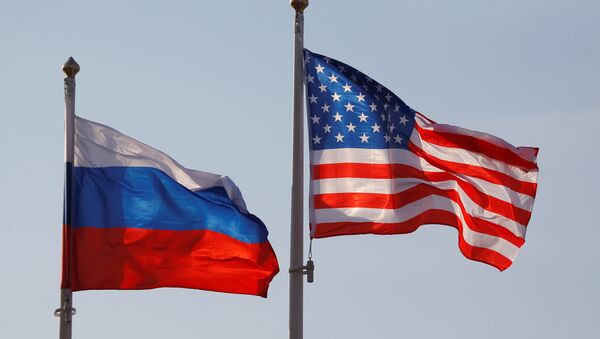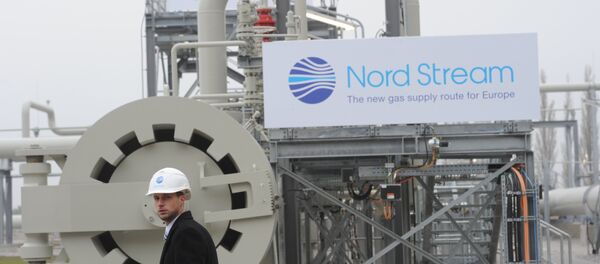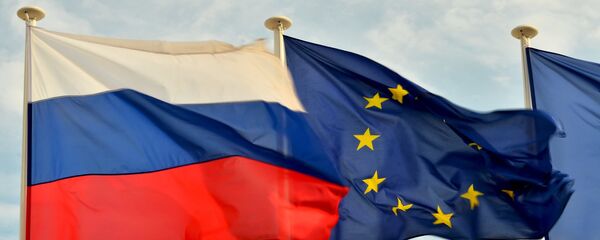"In terms of trade, open market and transparent competitiveness are the greatest benefits for a consumer. And this is one of the main reasons why we consider the policy of sanctions and building barriers unnecessary and even counterproductive in a long-term perspective. So do not judge who suffered more from the sanctions. Everyone suffered, and this situation should be improved by all parties," Grigoriev, who is also the head of METRO AG Representative Office Moscow, said.
"Today we can say that [the sanctions] gave a good impetus to the development of Russia’s agriculture sector and food industry. At the same time, the Russian market has come through numerous challenges over the past three years. This includes adaptation to the Russian sanctions, dramatic fall of ruble currency rate and the decline in the population’s purchasing power, which has significantly changed its consumer behavior over the recent time," Grigoriev noted.
Political and trade relations between Russia and the European Union deteriorated in 2014 amid the Ukrainian crisis and following Crimea’s reunification with Russia. Brussels introduced several rounds of anti-Russia sanctions, and Moscow introduced countermeasures, imposing food embargoes on the countries that supported the sanctions. Earlier in August, the bloc has added three Russian nationals and three companies to its anti-Russian sanctions list over the alleged illegal transfer of gas turbines to Crimea.




